When I told friends I was planning a trip to Iran to do a preliminary tour in preparation for a program I would lead in April for my Educational Travel Company, Integral Expeditions, I got some immediate and varied responses.
“Are you insane?”
“Can I buy you an insurance policy and put myself as beneficiary?”
“Hey that sounds exciting.”
It was as if Iran was some sort of personal or cultural Rorschach, unleashing peoples unconscious fears and dreams to be projected onto a nebulous canvas in the heart of the Middle East. It wasn’t surprising however, given the designation by President Bush of Iran as part of the “Axis of Evil”, the countries regular appearance on the front pages of our newspapers, being described as a primary threat to global security, and also our deep Orientalist fascination with this ancient culture. But as the stated mission of Integral Expeditions is to bring people out into the world, to meet others who might be different culturally yet bonded with us through our common humanity, Iran seemed a natural and logical place to explore.
When the plane landed at Imam Khomeini Airport, I must admit I felt some trepidation as all the women on the flight donned headscarves, the Hejab, in compliance with the laws of the Islamic Republic. There were conspicuously few foreigners on the KLM flight from Amsterdam, and as I disembarked, I felt hyper-aware that I had arrived in a very distant, foreign land. Trying to clear customs, I was delayed, having been shunted to another section of the airport for finger printing, a special requirement for Americans. Once through, I was met by my local guide Houman, and Assad, the owner of the agency that was hosting me. Finally, at 2 AM, we got into the car and took the thirty km ride into the city of Tehran. Dazed and disoriented by the twenty hours of travel, I collapsed into my bed at the Hotel Lalleh.
The next morning I awoke to a hazy light coming through my twelfth floor window and stumbled down to the breakfast buffet. I looked around the dining room. Mostly business men it appeared, a smattering of tourists, women all in Hejab or Chodor, the fuller, black fabric covering, indicating a more conservative Islam. I felt like a character in an old Graham Greene novel, the solitary traveler, exploring a “dark” world in some outpost beyond the edges of empire.
But that vision dissolved quickly as I stepped into the crisp sunshine of the Tehran morning. The streets were bustling, traffic humming in every direction. I looked up to see post-modern architecture reaching into a pure blue Iranian sky. The crowds were young, and beautiful, stylishly coiffed women and men, with perfect hair, impeccable make-up, and fabulous clothing. I even noticed great shoes beneath full Chodor. To my Western eye, it was a bit jarring, the modern and traditional, together in some sort of post fashion. But as I explored this modern city of 14 million with my guide, I marveled at its energy, its smooth running subway system and mad traffic, its shops of every sort, the green spaces dotted with public art, its ancient torquoise mosques, and the ever present faces of Ayatollah Khomeini, the “Father of the Revolution” and his current heir, Ayatollah Khamenei, staring watchfully from billboards high above. I felt a strange disconnect between the Iran described at home, and the streets I now walked down, an oddly felt break between external perceptions and internal realities.
Houman and I walked for hours, visiting the Carpet Museum, the old Tehran Bazaar, and finally ended up for dinner in Darband, at the northern edge of the city, in the mountains that stretch to the Caspian Sea, an area of traditional restaurants built around waterfalls and rushing streams. We reclined on a traditional Persian table, on soft rugs inside a tent that protected us from the early winter chill, drinking tea, eating kabobs, and smoking a hookah full of sweet apple tobacco.
We began to talk of the connections between Iran and “The West”. How it was Cyrus the Great who, 2500 years ago, after conquering Babylon, allowed the Jews to return to Israel to rebuild their destroyed Temple and that he had in fact, also been the first known ruler to issue a declaration of human rights. That of all the known works of Greek tragedy, the only one that refers to a non-Greek subject is Aeschylus’ play “The Persians”. That it is believed by many scholars that Zoroastrianism, the ancient religion of Iran, was the first great Monotheism and had a profound influence on the development of Judeo-Christianity. (After all, where were those “Kings from the East” coming from to congratulate Mary on the birth of her son, the Messiah?) And that it was in the great centers of learning in Persia that the works of Aristotle, Plato, and Socrates were preserved, while what was to become Europe descended into a long cultural darkness, and that this Eastern preservation and cultivation of that knowledge would ultimately contribute to the births of the Renaissance and the Scientific Revolution. Clearly, this part of the world played a powerful role in the shaping of Western consciousness and its philosophic discourse.
Houman asked me if this is what I thought Iran would be like. If it is what I had imagined. Sitting there, in the cool evening, reflecting on his questions and feeling the weariness of the long journey from West to East, my mind ran wild, flooded with a thousand images of my first day. What I knew for sure was that I was not insane and that I did not need a special insurance policy in case of my demise at the hands of some jihadis. In fact, the concerns of my worried friends back home highlighted why I was here. Why would they fear that to which we were so intimately connected? What was really at the root of our cultural perception of Iranian “otherness”? Why would they not want to explore the soil out of which our collective awareness had risen? The obvious answers seemed overly simplistic. I was now in a place so very different than my ordinary world, yet at the same time one that felt so familiar, a mysterious shadow of knowing that tugged like some lost memory. And there seemed no better place to begin the untangling of that mystery than by a waterfall on the rocky outskirts of Tehran.
[email protected] www.rickyfishman.com



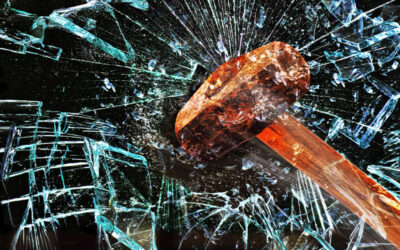
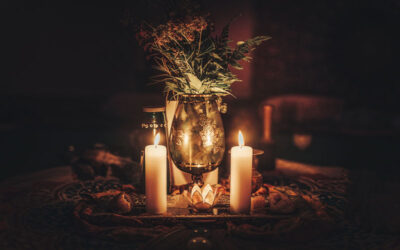

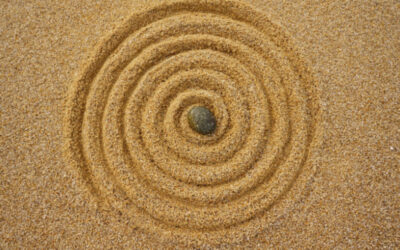

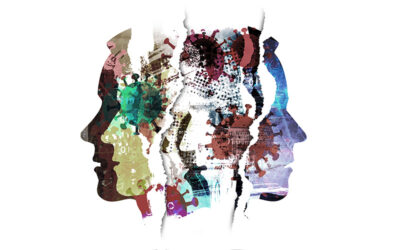

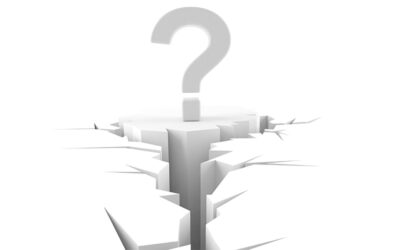

thank you for your writing, Ricky. Your storytelling opened my inner, deeper and more authentic life.
How long did you spend in Iran on this trip? If you’re at the BNI meeting this week, I’ll ak you thre.
I can imagine your world has shifted ….. hopefully an easy transition in your return to the West.
Warmly,
Kate
Ricky, I read with great interest your first piece on Iran. I was probably one of those who asked before your trip “are you insane?” Like you, I share a passion for the unexplored, the obscure and exotic in travel and have travelled in the Middle East. The contrasts you describe between old and new, and the juxtaposition between the cosmopolitan and traditional, all make the Middle East so enthralling. I look forward with great interest to your next piece on Iran.
Hi Ricky,
Welcome home! Your post is so evocative I felt like I could smell the sweet apple tobacco! I wish more people could read your post. Have you thought of publishing it elsewhere too?
I wish I had the money and time to travel these days! You make want to put my traveling shoes on.
Please let me know when you post more about your Iranian trip as I will surely read it.
Thank you.
Best regards,
Janet
Thank you Ricky for pointing out our commonalities. We are all connected!
Journeying to a foreign land is a mind expansion event. One gets to see other people from different cultures with new eyes and appreciation. If we could learn to accept all the variety there is to experience in this life without shutting it out or judging it, we could live our own lives with much more clarity, creativity, passion and intention.
My Persian friends now living in the US are some of the kindest and most considerate people I know.
Thanks Peggy. I think that Iran in many ways represents our Shadow and has historically played the role of “other”, and so we run from it, push it away. But we cannot in end truly escape ourselves.
Ricky, found your article very interesting but not surprising. For many years I
have had close persian friends and the pleasure to enjoy their food, warmth
and culture.
Although I wasn’t as direct to say that you were insane for going I think I said something like “are you crazy”. Anyway, thank you for writing so eloquently about your first day in Iran and describing the sights and sounds of your experience. It is your sense of adventure and willingness to transcend geographical and cultural boundaries which brings to light how many of us in America (me included) are alienated from the rest of the world. Thank you for reminding us of the things we share in common.
I really enjoy reading your blog entries Ricky. You are a wonderful writer and your reflections on your travel experience offer a unique perspective. I look forward to your next entry on Iran and don’t forget Bali…now a distant memory. I hope part 2 is coming on that one too!
Another thoughtful and thought-provoking piece from a keen observer. Loved the “Kings from the East” parenthetical. Thanks again, Ricky.